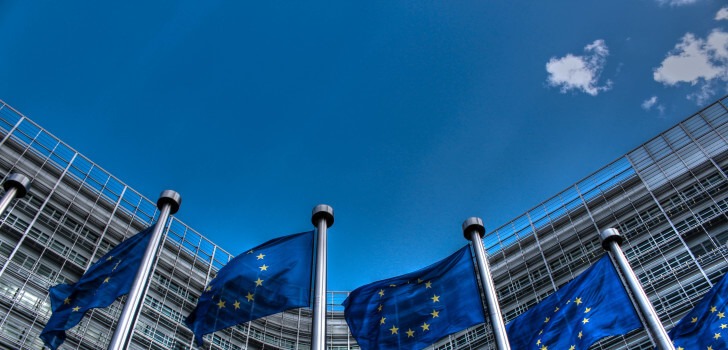According to an investigative report by the U.K. newspaper, the Guardian, Google has been bankrolling United States politicians to lobby on its behalf to nudge members of the European Parliament (MEPs) into looking favorably upon Google.
In the fall of 2014, the European Parliament voted in support of dismantling Google on antitrust grounds in order to prevent the powerhouse from abusing its “90% dominance” of the search market. European citizens also claimed that Google uses its search engine to promote its own services and products, all to the detriment of its competitors.
In an open letter authored by U.S. senators Ron Wyden and Orrin Hatch and congressmen Dave Carno and Sander Levin, they wrote that, “[The vote] and similar proposals build walls rather than bridges [and] do not appear to give full consideration to the negative effect such policies may have on the broader US-EU trade relationship.”
Now, the Guardian reveals that these and many other politicians received significant campaign funding by Google. In exchange for receiving generous campaign funds, Google “suggested’ that the politicians act on the search engine’s behalf, as part of a coordinated lobbying campaign.
While the European Parliament may not have the power to break up Google, it has the authority to find the company guilty of antitrust violations and subsequently impose a potential penalty of $6 billion.
Google has reportedly spent $400 million lobbying the European Parliament in 2014 alone.
Some of this money has been spent on getting U.S. politicians to write letters of protest to MEPs. The Guardian points to one particular case: “The US House Judiciary Committee wrote to MEPs concerning the antitrust case against Google. The committee’s chairman, Bob Goodlatte, said the committee was ‘troubled to learn’ some MEPs were ‘encouraging antitrust enforcement efforts that appear to be motivated by politics’ that would ultimately undermine free markets.”
“Google has consistently donated to Goodlatte’s election campaigns, while members on the judiciary committee that he chairs collectively received more than $200,000 from the company during the 2014 election cycle.”
Scott Kessler, an equity analyst at S&P Capital IQ, notes that, “Google has been facing these issues in Europe for a number of years and some people believe that now is the time that they will have to account for some of these actions in some way.”
Stay Connected